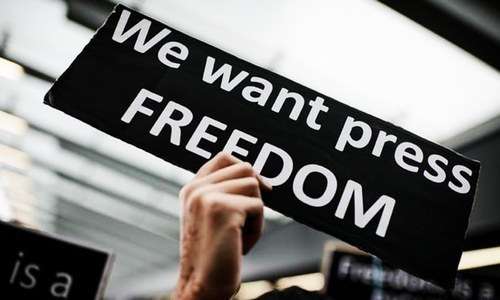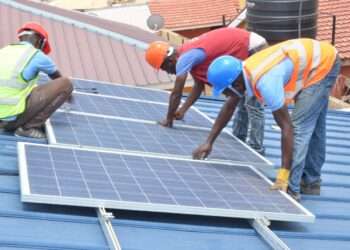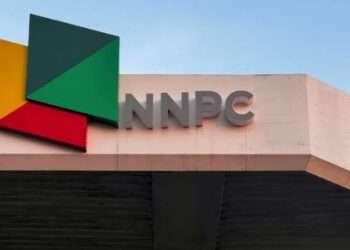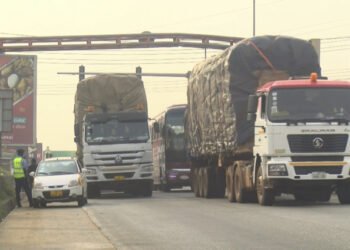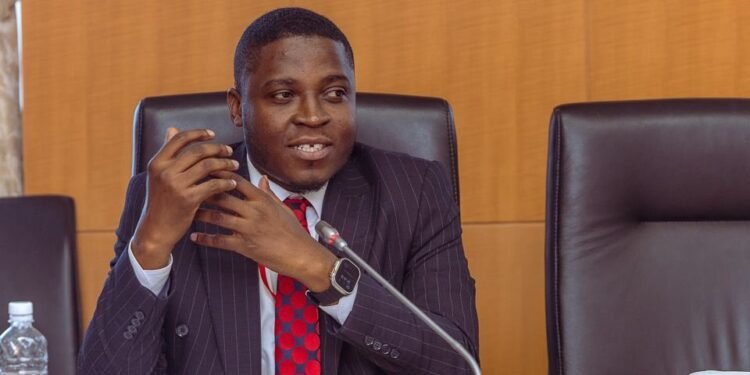In a troubling development, Algerian authorities have detained two journalists after they published a video showing businesswomen protesting their treatment at a government-sponsored event.
The arrest underscores a broader pattern of repression under President Abdelmadjid Tebboune, who has been in power for four years.
Journalists Sofiane Ghirous and Ferhat Omar, associated with the news website “Algerie Scoop,” were taken into custody last week.
The authorities accused them of broadcasting material that allegedly constituted “incitement and hate speech,” according to a statement from the National Committee for the Liberation of Detainees, a local watchdog group.
This move has raised alarms among press freedom advocates, highlighting the growing threats faced by journalists in the country.
The contentious video featured women entrepreneurs accusing the government of “humiliating” them and treating them with “contempt” at an innovation event organized by the Ministry of Education and Professional Training.
Ghirous, the editor-in-chief of Algerie Scoop, and Omar, the website’s director, now find themselves at the center of a significant legal battle.
This incident is part of a broader crackdown on press freedom in Algeria. Reporters Without Borders recently downgraded Algeria to 139th out of 180 countries on its freedom of expression index for 2024.
The organization cited increasing pressure on independent media and the persistent threat of arrest facing journalists as key reasons for the decline.
In a related case, the popular news website Radio M ceased publication in June, citing “impossible conditions.” Its editor, Ihsane El-Kadi, is serving a five-year prison sentence on charges of accepting foreign funds to support his critical coverage of the government.
El-Kadi is also the founder of Radio M and Maghreb Émergent, two of the last remaining independent media outlets in Algeria. Before his arrest, he published an analysis of the political landscape, highlighting the Algerian army’s influence in presidential elections.
The prosecution at the Sidi M’hamed court in Algiers demanded a five-year prison sentence, a five-year ban on practicing journalism, and a fine of around €50,000 for El-Kadi.
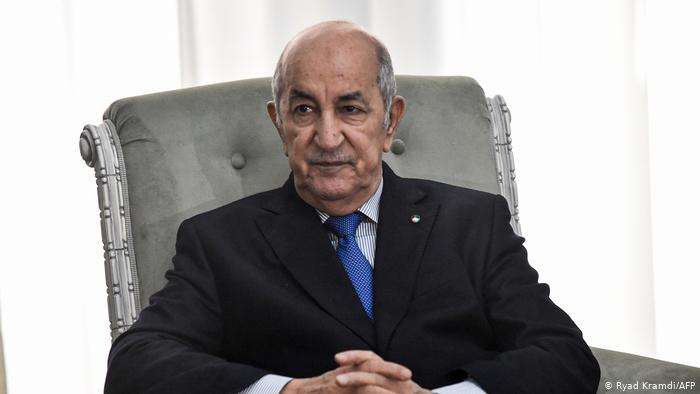
Crackdown On Publishers
Additionally, the authorities have confiscated the publisher’s equipment and premises. Amnesty International reports that El-Kadi has been charged with receiving funds “likely to harm state security” and “receiving foreign funds for propaganda.”
According to his lawyers, the so-called foreign funds were actually a £25,000 transfer from his daughter, a UK resident and shareholder in the publishing house.
The suppression of dissent extends beyond the media. Over the weekend, authorities raided the Librairie Gouraya bookstore in Bejaia, about 240 kilometers east of Algiers.
The raid aimed to prevent the sale of “Shared Kabylia,” a book by French author Dominique Martre, who was scheduled to sign copies. Martre, along with the Algerian publisher and several others, including journalists and activists, were briefly detained.
Martre’s book recounts her experiences teaching French in the Kabylia region during the 1970s.
The arrests were met with swift condemnation, and those detained were released later that evening, according to attorney Mokrane Ait Labri, whose journalist brother was among those arrested.
This crackdown on freedom of expression comes as Algeria prepares for an election in September, where President Tebboune is expected to seek a second term.
The ongoing repression of journalists and activists raises serious concerns about the state of democracy and human rights in Algeria.
As the election draws near, the international community will be closely monitoring the unfolding developments, particularly their implications for press freedom in the country.
READ ALSO: President Akufo-Addo’s Ambassadorial Appointment fall-short of Good Governance Practice

